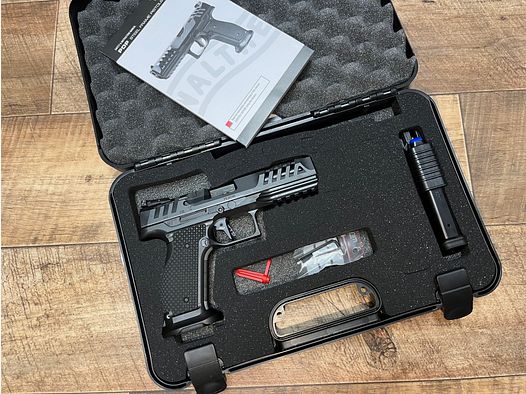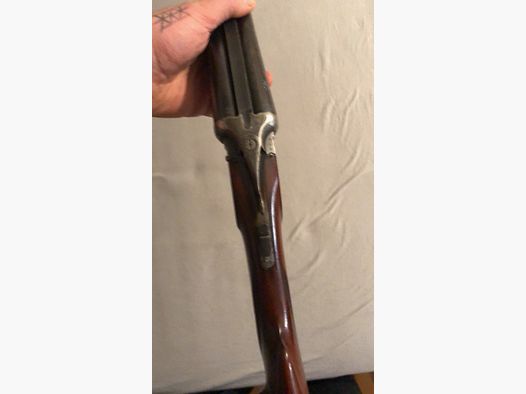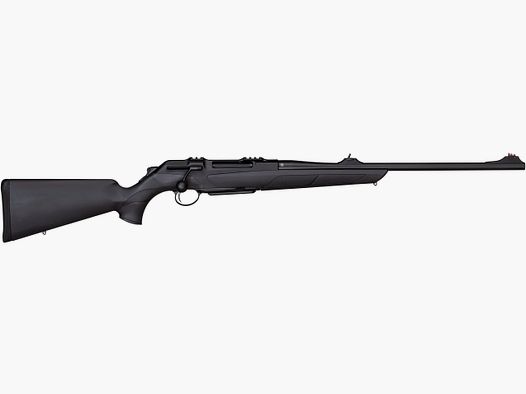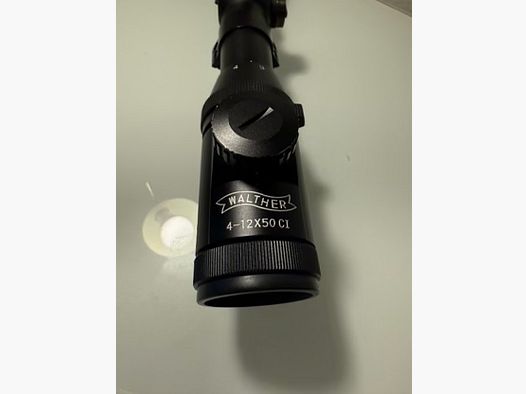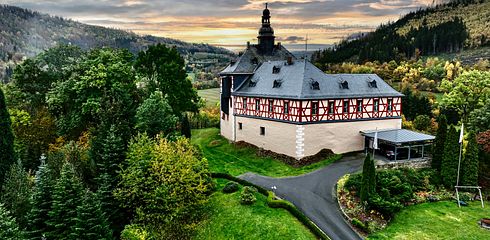The topic of sustainability has dominated media, political, and economic debates in recent years, and there is hardly a day that goes by without our society confronting the issue of sustainability. Sustainability is becoming increasingly important regarding meat consumption, both in terms of animal welfare and CO2 emissions.
Many people are losing their appetite for enjoying meat from conventional animal farming due to the heated debate that has arisen, and those who do not want to completely give up meat are looking for healthy and, above all, sustainable alternatives.
One such alternative is game meat!
Advantages of Game Meat
Game meat is generally considered very healthy. This is mainly because the animals usually consume natural, varied, balanced, and rich food, feeding on the buffet of Mother Nature. As a result, it is full of good vitamins and other nutrients for humans.
The meat is also considered healthy because it is relatively low in fat and is said to be more filling than conventionally produced meat.
Who sells Game Meat?
Game meat is a product that is exclusively obtained by hunters. While supermarkets do offer venison or deer meat as game meat, it usually comes from farmed animals in New Zealand and therefore cannot be considered game meat in the true sense. In these cases, the animals are fed (supplemented) and do not solely seek their own food.
The main sources for real game meat are therefore hunters, forestry companies, or game processing companies, as well as some butchers. Purchasing from a local hunter is the most direct, often the cheapest, but also not the simplest way to obtain game meat. Most hunters are only allowed to sell the game unprocessed, either in the hide or in the skin, to the end consumer unless they have the appropriate permits and facilities.
This is also how it is handled in most forestry companies.
Game dealers and butchers, on the other hand, are usually certified food traders and are allowed to sell game meat in (processed) cuts. Most end consumers find what they are looking for here.
However, those who want to buy directly from the hunter have various options to contact them regarding the purchase. Some hunters also have the necessary facilities and permits to market cuts of game meat locally.
Ways to Game Meat
Hunters who market harvested game meat locally can be reached through various means. Some hunters use traditional classified ads to offer their game meat locally.
Others work with farmers in rural areas and sell their game meat in small farm shops. However, this is usually an exception.
The majority of private sales of game meat now take place through acquaintances in small circles or online. In addition to ads on classified ad websites, hunters and interested parties can also use several apps. Two classics for this purpose are the app nebenan.de, which is generally aimed at local exchanges in the neighborhood, and the app Waldfleisch, which is exclusively tailored to local game meat trade.
The latter has not been around for long but is already the number one for regional game meat distribution.









